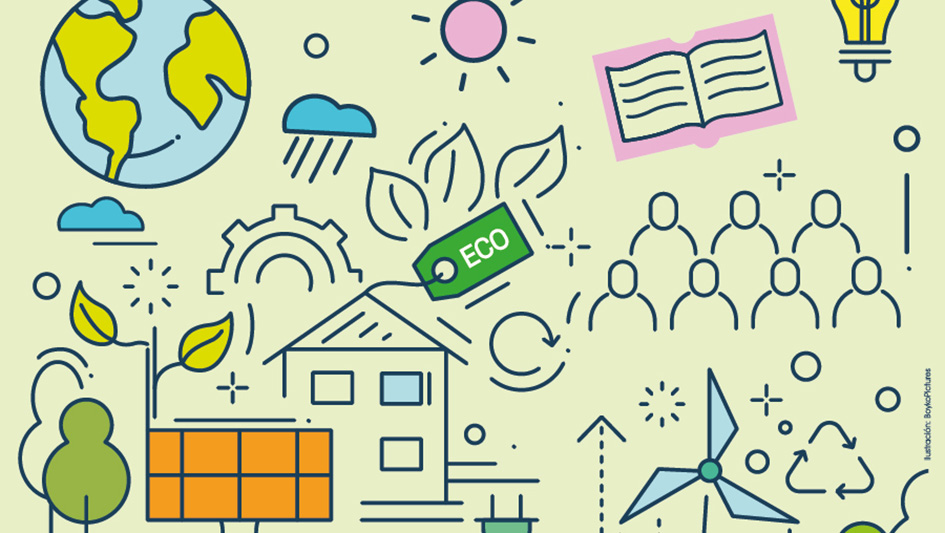Climate Action begins with a strong education
For the second year in a row, the International Conference for Education on Climate Change has strengthened networks for climate action and promoted STEM education as a powerful tool for facing global challenges.
This year’s education on climate change conference concluded with an appeal to include adaptation and mitigation as central concepts in education for sustainable development. The three days of webinars, speeches, and workshops saw specialists, scientists, teachers, and members of the public come together in the interest of current and future environmental issues.
Due to the coronavirus pandemic, the conference was held online. A total of 21 hours of content were broadcast during the three days, with an average of 36,535 views on YouTube and 1,500 on Zoom. Viewers came from 27 countries, mostly in Latin America.
The conference was co-organized by University of Chile, the Center for Advanced Research in Education, ECBI Program, Center for Climate Science and Resilience CR2, Office for Climate Education, UNESCO Regional, and Siemens Stiftung. The seminar featured 43 speakers taking part in 13 webinars and 11 speeches that addressed the need for sustainable development, the ‘common good’ as a goal, and other topics. Six additional workshops targeted teachers and professors, introducing these key message multipliers to methods for teaching climate action urgency in the classroom.
The conference opened with a speech from Alexander Leicht, head of UNESCO’s Section for Education for Sustainable Development, who said: “We cannot face the challenges of today and tomorrow with the education of yesterday.” He added: “In this massive transformation, education is the key for everyone – politicians, businesspeople, and citizens – to learn ways of thinking and acting sustainably.” Astrophysicist Pierre Lená, from LAMAP Foundation and OCE, seconded these notions: “The pandemic that has paralyzed countries has shown the power of interdependencies across humanity to those who may have doubted.” He concluded: “There is no such thing as education that does not include hope for the future.”
Another conference highlight was the “International Cooperation to Enhance Education for Climate Change” webinar. One of the panelists was Nina Smidt, Managing Director and Board Spokesperson of Siemens Stiftung, who reaffirmed the importance of collaboration: “We strongly believe in the concept of working as part of an international alliance,” she said. “Only together can we really meet the challenges of climate change. We need to unite experiences and competencies while jointly strengthening social and cultural development. If we are successful, especially at times like these when we face a crisis like Covid-19, perhaps one day we will look back and say that this served as a catalyst in a volatile, uncertain, complex and ambivalent world. We have to change our local and global behavior and look for joint approaches in education.”
This systemic approach to tackling climate change includes a fundamental role for public policy stakeholders and decision-makers. Therefore, in addition to the organizations that participated in the conference, there was also a workshop on education projects for territorial development agendas. This was geared toward management teams and included educational institutions, municipalities, and government officials from different Latin American countries.
Many of the speeches and discussion groups can be revisited on the University of Chile YouTube channel. Additional presentations and papers are available at http://www.cr2.cl/ciecc2020/.
This platform also includes documentation from the 2019 conference.



